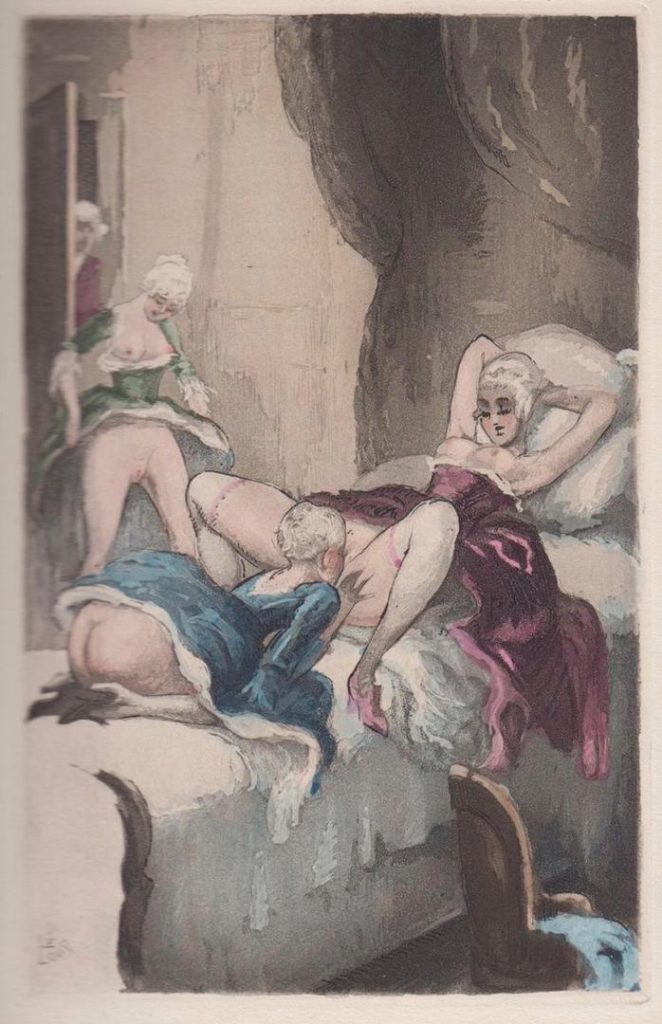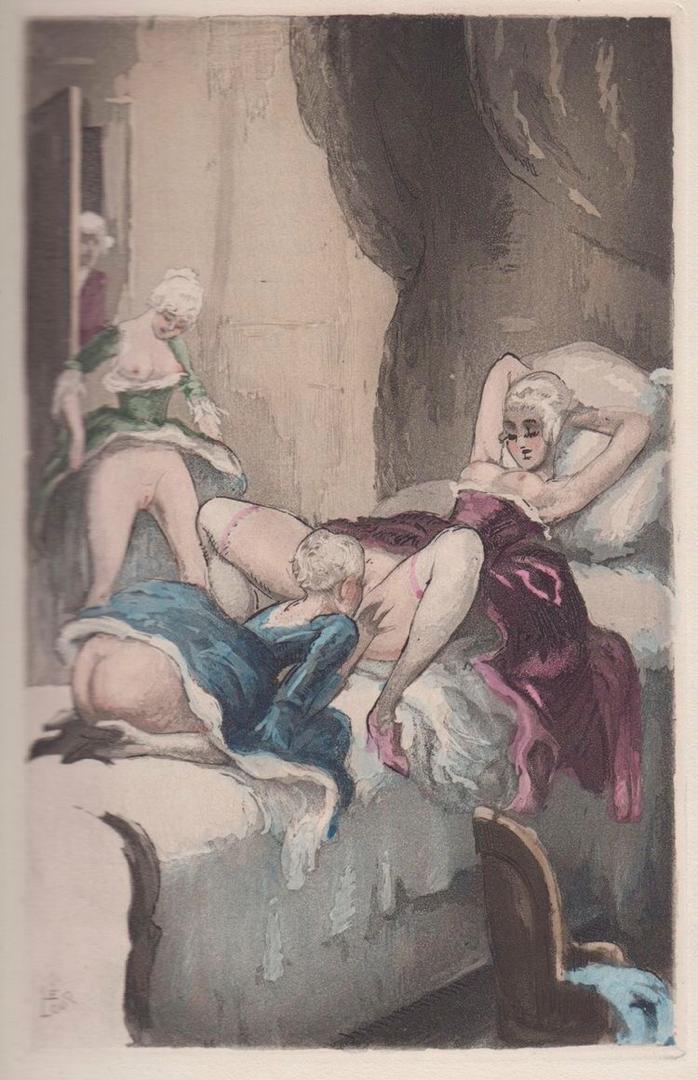
Stylists to the Saudis
One rainy winter’s day, out of the blue, my half-sister Lois and I received online offers to sign up to a two year contract as stylists at a well-known women’s-access-only boutique in Riyadh, Saudi Arabia. We had both worked previously as personal shoppers at a high-end store in Cannes, France, while struggling to write our first novels. Much of the clientele had been wealthy Saudi women, who would spend up to $40,000 in a single visit. We had been sent on an Arabic course by our boss, who referred to these women as his ‘whales’, so we presumed the job offer from Riyadh had come through some of our satisfied Saudi customers.
Driving ban lifted
At this time, conditions for women in the Kingdom appeared to be improving. There was talk of greater political enfranchisement. The driving ban was to be lifted, women no longer classed legally as minors, and permitted to travel without male consent. Thousands of western women were working in the Kingdom, legally or semi-legally, mainly as teachers, nannies and IT consultants. It seemed a propitious time to learn more about this most singular country.
Male protector guaranteed
The job offer included a tax free salary more than double our previous level. The contract also included riders guaranteeing accommodation in one of the expat compounds, deductible taxi costs, and a ‘male protector’ in the form of a retired Arab-American Aramco engineer called Bill — originally from Iowa. Bill was the owner of the villa on the compound we would be staying at, and would attend to any practical needs we had.
Trying it on was forbidden
What could possibly go wrong? The boutique was popular with wives of Riyadh’s super-rich business elite. Under Saudi law, in a store with all female staff it was legal for women to use the changing rooms. In other boutiques, with a mixed sex staff presence, trying on an outfit was forbidden. Female customers had to jump through the hoops of buying an item, trying it on in the nearest public toilets, then returning it if it did not fit. I worked from home, editing the boutique’s website, which was aimed at women in neighbouring Arab countries, as such sites were not encouraged within the Kingdom. My sister, Lois, who had a great figure, worked the store’s floor as a personal stylist, and modelled some of the new looks to customers in the back rooms.
Hot cougar Versace outfits
Sometimes Lois would be sent on call outs to the homes of the wives of high-profile politicians and business leaders. She would be taken by a male driver, a Somali employed for this purpose by the store. Glimpses of the hot outfits Lois was modelling, and the lavish estates she was visiting, would come back to me in the downloads the boutique fed me to use for their site. In the privacy of their homes, Saudi women embraced the Cougar disco look. Super skinny, skin tight, shiny creations, from Chanel, Gucci, Versace and Vivienne Westwood, were particular favourites.
Tranquilizers to numb the pain
After a few months I noticed a change coming over Lois. She seemed withdrawn, preoccupied, and no longer gave me colourful accounts of her working days. She had started using tranquilizers, Clonazepam and Zoplicone, something she had never done before. She told me she was having trouble sleeping, and they had been prescribed by a female Indian doctor recommended by the store. Finally, a few days later, I found her in her room sobbing and curled up on the bed. Everything came out.
Zombified for hours
A visit to one of the business leader’s wives had resulted in the woman, who Lois only knew as Samira, coming onto Lois and plying her with liquor. Lois, who is bisexual, admitted to finding the older woman attractive, and there had followed a series of call outs when Samira had performed oral sex on Lois and the two women had played with Samira’s extensive collection of sex toys. Samira had offered Lois gifts after these encounters, but Lois had declined. However, Lois had complained to our Lebanese employer, Nada, when at a later assignation with Samira her drink was spiked. On this occasion, Lois had woken up to find herself being penetrated orally and vaginally by two previously unknown men, while Samira watched and masturbated. Lois was so zombified by whatever had been in the drink she was unable to extricate herself from this situation for several hours.
Losing face payoff
Our employer, Nada, strongly advised Lois not to mention the incident to anyone and to continue to visit Samira. Nada tried to focus Lois on the large pay-off Nada would be able to extract from Samira, as this was the Saudi convention in settling such crimes when they potentially brought dishonor to the families involved. Lois declined to play along. A few days later, Lois did not return from work in the evening. A call came through from Nada telling me Lois was being held by the Midaween, the Religious Police, after making a complaint about the incident with Samira. Despite contacting the police multiple times and Bill doing likewise, we were not informed where Lois was being held, and there was not even an admission by the police she was being held.
Deprivation of liberty
Two days later, a taxi pulled up at our villa on the compound. A shaken-looking Lois got out and locked herself in her room. That night, unable to sleep, Lois told me she had been held alone by women guards at a prison to the south of Riyadh. Lois had not been charged with any offence, but subjected to degrading treatment. This had included being strip searched twice, and being made to bend over while her vagina and anus were examined. Lois had then been made to shower under cold water in front of the guards, deprived of sleep, and touched in an inappropriate manner when being escorted from her cell. The guards informed her she would be going to one of the worst prisons in the Kingdom for many years. A few hours later, Lois was driven, cuffed, in a blacked-out vehicle, back to the store, and told her visa had been annulled and she had three days to pack up and go home.
Arbitrary police state
Was this just an isolated incident? Trawling expat forums suggested that thankfully it may have been. Foreign male workers seemed far more likely to suffer arbitrary detention when reporting crimes against themselves by Saudi nationals than foreign females. But what happened to Lois and others like her, and the continuing shadow of the Jamal Kashoggi atrocity, reminds us that despite its much vaunted efforts to modernize, Saudi Arabia remains an arbitrary police state where the powerful play out their wishes and desires with impunity.
By BB Moore
When love is a sin strange things happen!
Tinder, dating and sex in Saudi Arabia

The course of true love never did run smooth. While applicable the world over, Shakespeare’s words are particularly true in swiftly changing Saudi Arabia.
Long forbidden, dating has arrived in the ultra-conservative Gulf kingdom with some Saudis meeting and marrying without the help of relatives. Well-heeled millennials meet via Tinder, Snapchat, Twitter and Instagram.
While most restaurants still separate men and women into sections for men and “families,” young couples are increasingly appearing in public together in a handful of cafes and other eateries.
“Two years back we wouldn’t even be able to sit together — people would get the wrong idea,” says Waleed, a 27-year-old software engineer with the square jaw of a model. “Change has come to Saudi Arabia.”
Much of Waleed’s "love relationship" with his girlfriend has taken place online. The pair finally met in person in Egypt, where gender mixing is more accepted than in Saudi Arabia, long dominated by a puritanical form of Islam that has been challenged recently by Crown Prince Mohammed bin Salman's push toward a more moderate interpretation of the religion.
“Our culture here, they make love a sin,” Waleed said. Because sex and romantic love remain highly controversial subjects in the kingdom, interviewees spoke to NBC News on condition of anonymity, and pseudonyms have been used.
American boyfriend
Waleed is an outlier in Saudi Arabia, where many marriages are still set up by families and where couples sometimes don’t meet in person before getting engaged. While there have been noticeable social changes recently, men and women who are not closely related still traditionally don't mix, and some avoid even looking at an unrelated person of the opposite sex. Girls and boys are educated separately, and workplaces that employ women are nominally segregated.
So meeting, dating and getting married can be a treacherous obstacle course. Secrecy is the norm, particularly when it comes to sex.
“The elephant in the room is that everybody engages in it, but nobody talks about it,” says Lulwa, an aspiring filmmaker who wears bright red lipstick and lets her headscarf slip off when she thinks she can get away with it.
Lulwa, 27, bridles at a deep-seated sexism in Saudi society that she says reduces women to their reproductive functions, even among some members of her liberal circle in which the genders mix and alcohol is sometimes served at parties.
“You were born to give birth — that’s your mission in life,” she says. Then she channels her father and says: “Why would you date — where does this go?”
It is both a blessing and curse that Lulwa is not searching for a partner in her native Riyadh. She spent years studying abroad and has an American boyfriend whom she says she would “never” introduce to her family.
But the relationship has no future unless Lulwa leaves her country, or he proposes marriage and converts to Islam.
No pressure, then.
'They took me to jail'
Finding and maintaining a relationship is a challenge even for those who haven’t fallen for a foreigner.
Fadila, 29, an accountant, has been looking for love in all the wrong places since she was a teenager.
Early on, her beguiling smile had boys asking for her telephone number. Fadila sometimes complied, but often gave a wrong number to prevent gossip. One day a boy tracked her down and left a note on her older brother’s windshield, she says.
“I know your sister, she does bad things,” the note read.
When Fadila was 17, she fell in love with a member of the country’s vast but powerful royal family.
“I thought he was the one,” she says.
The two used to sit in his car, where she felt safe. But the couple was, in fact, being watched by the religious police. They arrested Fadila, but not the prince. She says it later emerged that he had been having affairs with a number of women and drinking regularly.
“They wanted him, but they used me to get to him,” she says. “They said, ‘If you sign, we’ll take you home and not tell your parents.’ Instead they took me to jail.”
Her mother and brother got her released the next day, and the episode has been kept secret from everybody else except her best friend. Fadila is lucky — experiences like hers have cost other women their lives. Whole families can be disgraced if one member — particularly a female — is seen to have stepped outside of society’s strict social norms.
Afterward, Fadila decided to focus on academics, where she has excelled. She gained an honors degree in accounting and now has a good career. “I like my job — I speak numbers,” she says, smiling.
Since her experience, the religious police have been stripped of much of their power.
And thanks to government efforts at increasing Saudi Arabia's employment rate, more and more women are working and studying near if not alongside men, providing a plethora of romantic possibilities. This social loosening was given a boost on Oct. 24 when the powerful crown prince declared that the country would return to “moderate” Islam and “eradicate” extremism.
Unlike her career, Fadila’s love life has been a string of disappointments. She tried Tinder but that didn’t work.
“They think you’re bad because you go out with them and make out with them,” she laments. “My friends say, ‘If you like him, don’t let him touch you.’”
So about six months ago, her heart aching, Fadila gave up and decided to do the unthinkable. She let her older brother find her a husband.
"I don’t have feelings for him"
“I just want to settle down, focus on my career, go home and find someone there,” she says. “I just want to have my own house.”
Single Saudi adults hardly ever live outside the family home.
First a suitable match was identified. Then the respective fathers and brothers gathered in Fadila’s home, which is when she first met and assessed her future fiance. Finally, the mothers got together to drink tea and check each other out.
After meeting her intended just twice, Fadila went through an official engagement ceremony, which involved the couple signing a contract specifying that she would never be forced to live with her in-laws and prevented from working outside the home. Now the two see each other openly and have even taken a trip abroad together.
On paper her fiance is ideal — an IT specialist who is handsome, open-minded and respectful, she says. But there’s a big problem: He is not her chosen love.
“I don’t have feelings for him,” Fadila said. “Some people say love comes after, respect comes first, but I don’t know.”
Tangle of customs and morals
Like Fadila, Omar is now looking into getting hitched traditionally after trying the alternative.
A U.S.-educated engineer, Omar laughs easily over fries, coffee and pineapple juice in an upscale Riyadh eatery. The lights are dim, making it hard to make out anyone’s features. It looks like the handful of couples at nearby tables are on dates.
Omar, 26, is candid about sex, a subject that looms over any discussion about how men and women interact. The issue is a complicated tangle of customs and morals, with many Saudis viewing women and their behavior as “a risk to tribal honor,” Omar says.
This affects the way they act, including in bed, he and others tell NBC News. Because Saudi women are expected to be virgins when they marry, many opt not to have vaginal intercourse and instead engage in other types of sex when dating, Omar says.
While he has more experience with women than many unmarried Saudi men, because of his time in the U.S., Omar says dating is difficult and a constant subject of conversation among his peers.
Friends have tried to set him up at dinner parties, and asked him to go on hiking outings. So he hangs out with women. Still things haven’t worked out for him.
He is also tired of what he calls the secrecy and “hypocrisy” of Saudi society, with so many peers pretending they aren’t dating and sleeping with people.
One problem for single people like him, he says, is that there is “no place built for socializing,” so people can’t easily meet and relationships are carried on largely via social media.
“I would like the company, but I don’t want a relationship on a screen,” he says.
Omar says he is reconciled to never getting married, which would be extremely rare for a Saudi.
While he concedes that it would be nice to find the right person, he explains his feelings this way: “Eating is essential, but sharing a meal is just preferable.
Source: Katherine Lam For NBC NEWS







